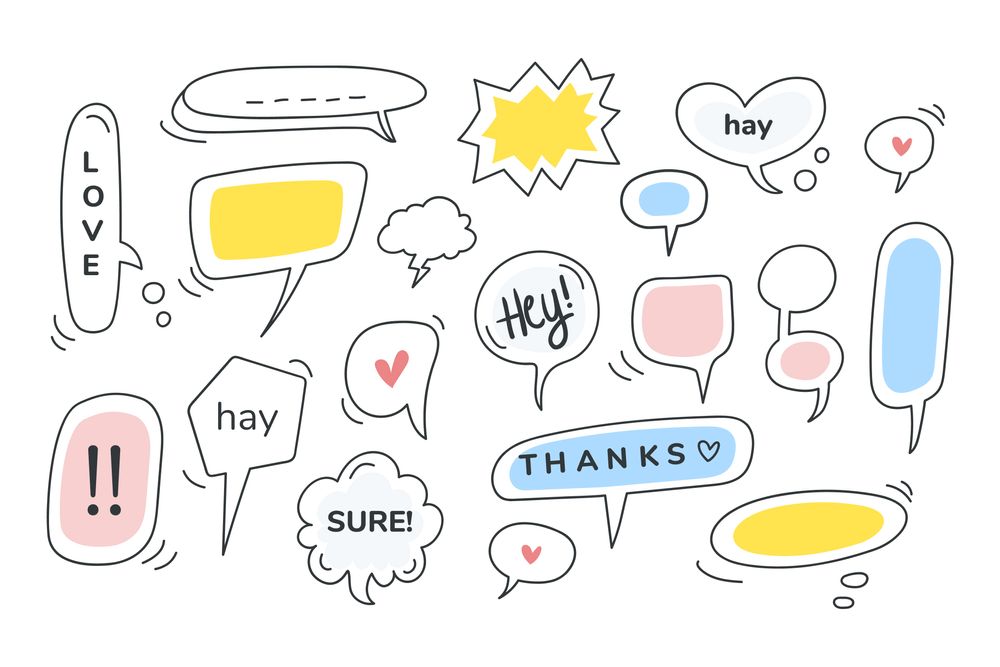From my days working as a software developer for Big Pharma, one-on-one meetings to me were ineffective and uninspiring. I cringed every time I heard the word, so much so that I decided on calling them development conversations.
The word 'one-on-one' seemed to me like a battle, like two people going head to head, with no progress made but egos displayed. Development conversation made sense. It made me feel like we were getting somewhere, as though we were having a conversation to develop our ideas and move forward in the project.
As I progressed in my career, I became an engineering manager. With new duties came a new mission: make one-on-one meetings great again! I wanted to turn them into a springboard for my software developers' success.
The challenge was to find a balance between discussing my software developers’ productivity with happiness. I wanted them to feel great working on cool projects using the newest technology. My goal was also to run fair and transparent assessments of performance that were free from ego and based on data and objective principles.
When the startup I worked for was bought by Apple, I founded my own software development agency. At codequest, I began looking for ways to make my one-on-one meetings the most important ritual for building and sustaining good relationships with our developers. After running hundreds of them (some good, some bad, and some just plain awful 😂), I soon realized there were four critical areas that I needed to focus on at every one-on-one meeting. They are:
Work Output, which is a context-based, data-driven critique of code commits, pull requests, code review comments, and documentation updates;
Wellbeing, to see how happy our developers are on projects, in teams, and in the company;
Team Feedback, gathered from teammates, and investigates potential frictions or encourages more synergies;
And also, Career Growth, where we explore ways to upskill, set goals, and forge career paths for our software developers.
Here’s How I Went About Preparing For My 1:1 Meetings
Work output. I would jump into GitHub to learn about my developers’ behaviors and patterns for echoing and best practices. Mostly I would be in there because I’m genuinely interested in how they work and want to show full appreciation for their craft.
Diving into GitHub and extracting specific data was useful, yet it was very time-consuming and took me away from other key aspects of running my software agency. Still, little by little, my one-on-one meetings were starting to look better.
Because wellbeing in the workplace has always been a high priority for me, I began asking my engineering teams how I could support them emotionally, socially, and occupationally. For example, I made sure to openly discuss how they were doing and if they were comfortable working from their homes or the office. I also asked if they needed more tools to help them perform their tasks, or if they were confronting burnout.
At the agency I ran, we implemented something called a Unicorn Index, which is a Slack bot aimed at assessing, you guessed it, happiness! For many developers, this had a positive impact because we reacted as soon as we noticed symptoms of unhappiness. Sometimes we couldn’t change things right away, but at least we identified problem areas, and we started working towards improving them.
For team feedback, we kept cards on a Trello board. Before every one-on-one meeting, we would check up on what people were saying about their team leads and teammates.
Our need for personal growth and development helped us define career paths for our developers. We also offered a variety of learning materials to make sure they got to where they wanted to be on their professional journeys.
Software development is a holistic, creative, and sustained people process.
Now that I discovered how to run a meaningful and sincere one-on-one meeting, I realized yet another problem: all this data was scattered among different tools in different places and was hardly ever synchronized for easy retrieval. What’s more, to my shock and surprise, there wasn’t even a solution on the market that could do all this for me.
So, I decided to build hay, a first-on-the-market software development success platform that helps engineering managers have meaningful and data-driven conversations with their developers.
hay takes a holistic approach to assessing developers' output, wellbeing, team feedback, and career growth. It prepares engineering managers for one-on-one meetings by getting them the context they need to empower their engineers. It’s our answer to unfocused, ineffective, and purposeless one-on-one meetings.
If you're interested to see how hay works and how it could improve your one-on-one meetings, you can write to me at tomek@howareyou.work or book a call at the bottom.





